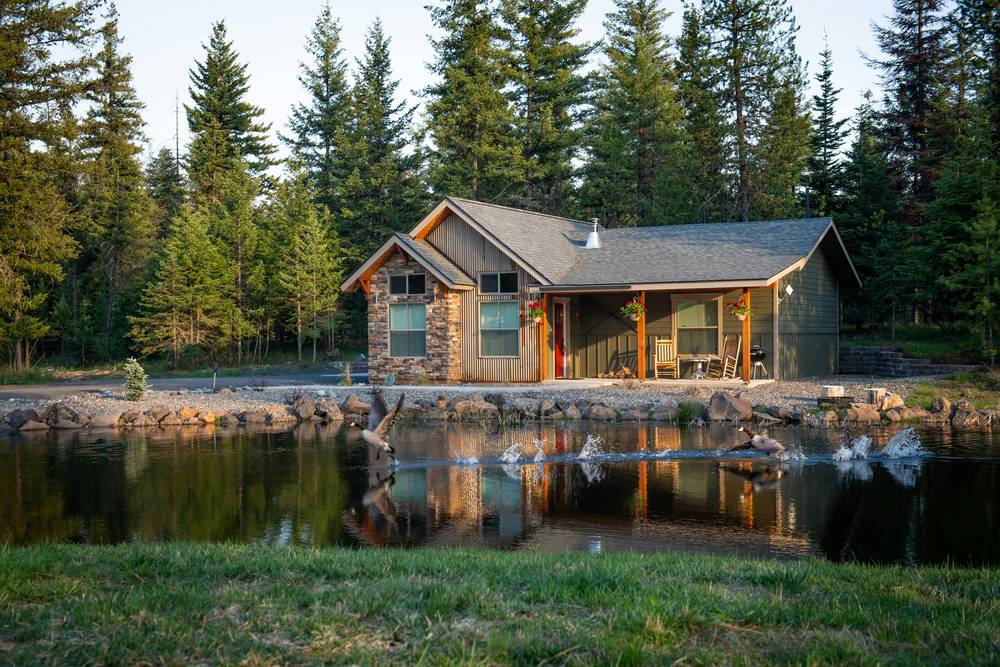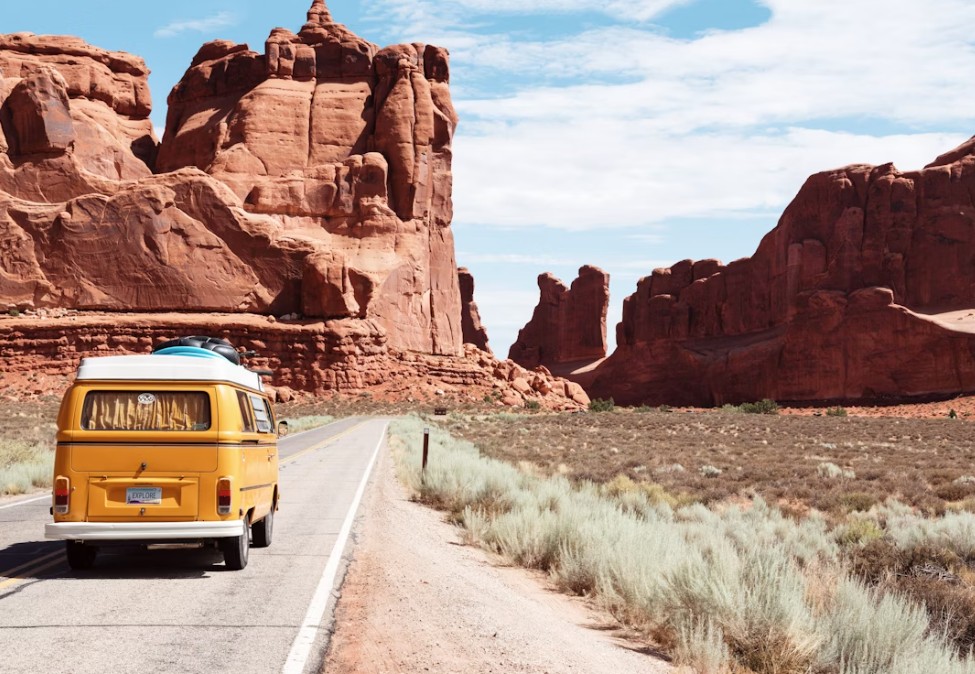In the current fast-paced, technology-driven world, many people dream of living a more tranquil, peaceful existence in which they aren’t dependent on the electricity grid or the constant city noise.
If you’re driven by environmental issues, a desire for peace, or are seeking the fulfillment of independent living off the grid is a great way to gain independence and live a sustainable life.
If financial burden or debt hinders your progress, working with debt relief firms can assist you in clearing your path to a more sustainable lifestyle. This guide will provide information and suggestions about how to move forward smoothly.
Knowing What It Means to Live Off the Grid
Living off-grid can mean different things to various people. It’s about cutting off public utilities like power or water, and occasionally even sewage, and managing these necessities on your own. It’s a way of life that is focused on self-sufficiency and environmental consciousness and, often, an easier pace of life.
Before you jump in before you do, you need to be clear about your goals. Do you want total independence or simply reducing the dependence you have on traditional systems? Understanding this will help you make the right choices for water, energy as well as food, and housing.
Creating Your Own Strength
One of the most important ways to go off-grid is by figuring out the best way to provide power to the home. The solar panels can be a common choice that provides renewable energy and a low-maintenance. Micro-hydro and wind turbines are also effective, depending on the location you are in.
The most important thing to do is to evaluate your energy requirements realistically. Keep track of your consumption throughout the day and think about ways you can decrease your consumption with energy-efficient appliances and practices. This will help you size your system properly and prevent overspending.
Many off-gridders take the idea of combining solar energy in the day, batteries to store the energy, and a generator backup in case of low demand or days with clouds. It is essential to avoid any unpleasant surprises.
Safeguarding Pure Water
Water is essential to life. The ability to source it sustainably is vital when you live off-grid. You can choose to collect rainwater by digging wells or utilizing nearby natural water sources. Whatever you decide to do, the purification process is essential for safety.
Rainwater harvesting systems can be surprisingly affordable and simple to set up. The installation of drains as well as storage tanks will ensure a consistent water supply for home use as well as irrigation.
Keep in mind that conservation of water is a prerequisite for finding sources. Installing low-flow plumbing, fixing leaks, and recycling greywater to the garden can make the most of your resources.
Producing Your Own Food
Food independence is among the most rewarding aspects of living off the grid. Beginning a vegetable garden and raising chickens, or making fruit tree plantings, can significantly decrease your dependence on food stores.
Start with easy-to-grow, high-yielding plants that are suitable for your climate. Understanding plants that are companion-planted and natural methods of controlling pests will increase the success of your garden. If you have the space, think about the use of a cooler frame or greenhouse to extend your gardening season.
The process of canning excess food items or drying will ensure that you are stocked up in the driest months.
Constructing a Sustainable Home
Your home’s interior should reflect your lifestyle off-grid. Many choose tiny cabins, homes, or earth-sheltered homes, which blend in with the natural environment and consume less energy.
The insulation of windows and passive solar design are essential. A proper orientation of windows and ventilation can reduce cooling and heating requirements.
Utilizing sustainable materials such as reclaimed natural insulation or wood reduces the impact on the environment and may reduce the cost of building.
Getting Ready for the Change Financially
The lifestyle of living off the grid typically requires upfront investments in land and equipment. It is important to think about financial planning to reduce stress. If you’re in debt, using debt relief companies can assist you to you get rid of your debt and help you save for your new lifestyle more easily.
Make sure you budget your money carefully, taking into consideration not only the initial cost but also the ongoing maintenance and repairs that may be needed. Beginning small and gradually increasing your system over time will help you transition more smoothly.
Adopting an Adaptive and Learning Lifestyle
Living off grid is a process that is a continuous process of learning. You’ll acquire new skills such as gardening, maintenance of solar panels, or water purification to enrich your life.
There will be challenges, and with each resolved issue, you’ll gain confidence. Joining local communities off-grid as well as online communities can offer assistance and motivation.
Finding Calm in the Simple
Beyond the practicalities, living off the grid is a way to slow down and reconnect with nature and your values, as well as with your own. Many feel a greater feeling of satisfaction when they build an environment that is truly to them, and is free of the demands and noise of modern living.
Living without grids isn’t just about removing yourself from utilities. It’s about taking on the freedom of responsibility, independence, and a sustainable lifestyle.
With an enlightened approach to planning, realistic goals, and financial preparedness, any person can begin the journey towards a more sustainable lifestyle.


